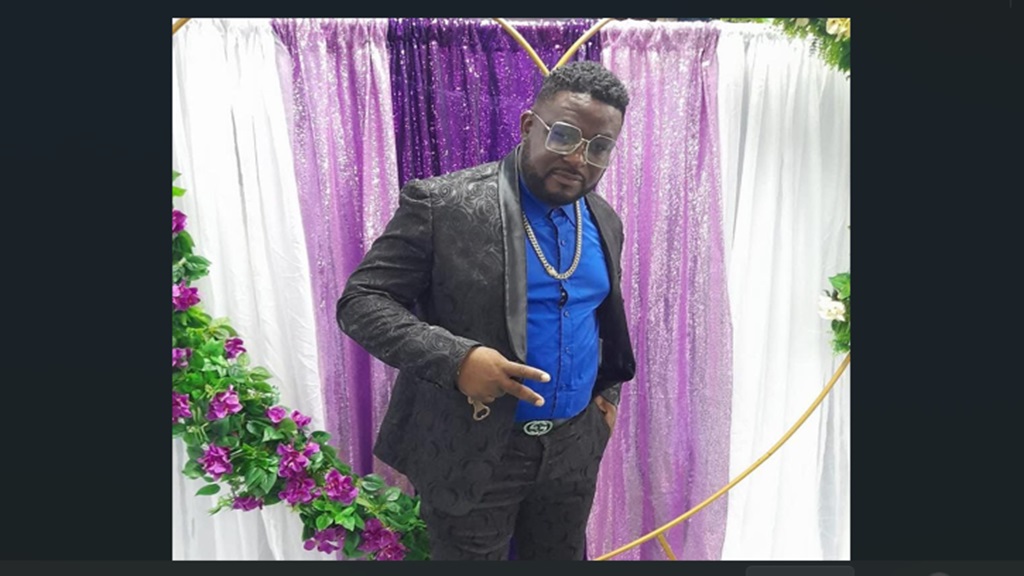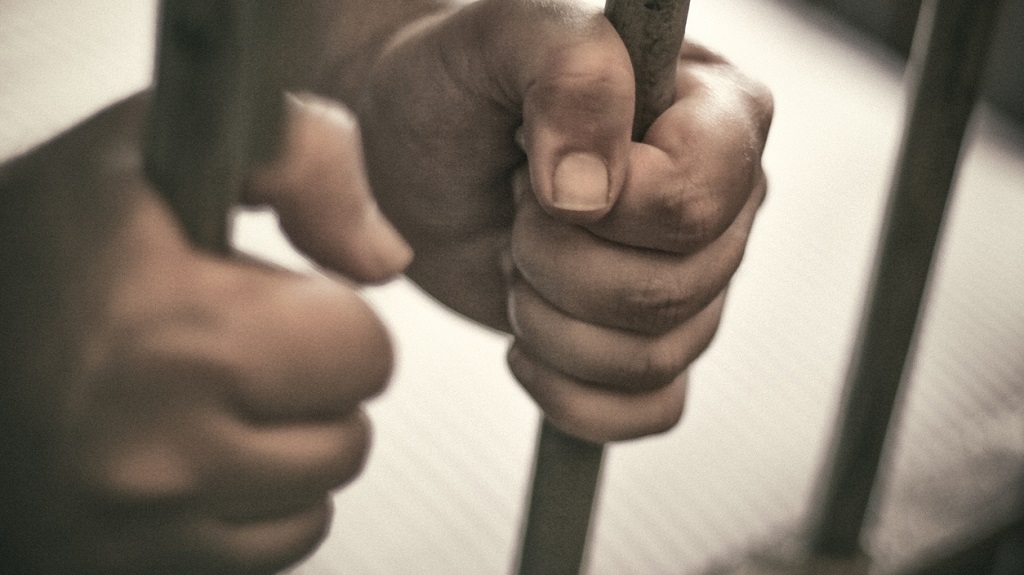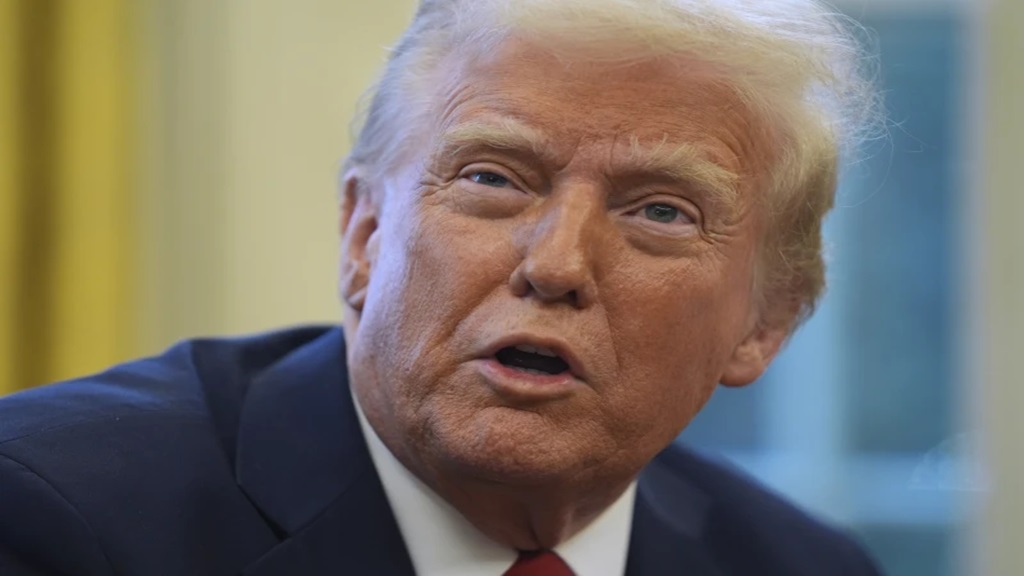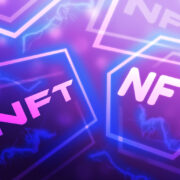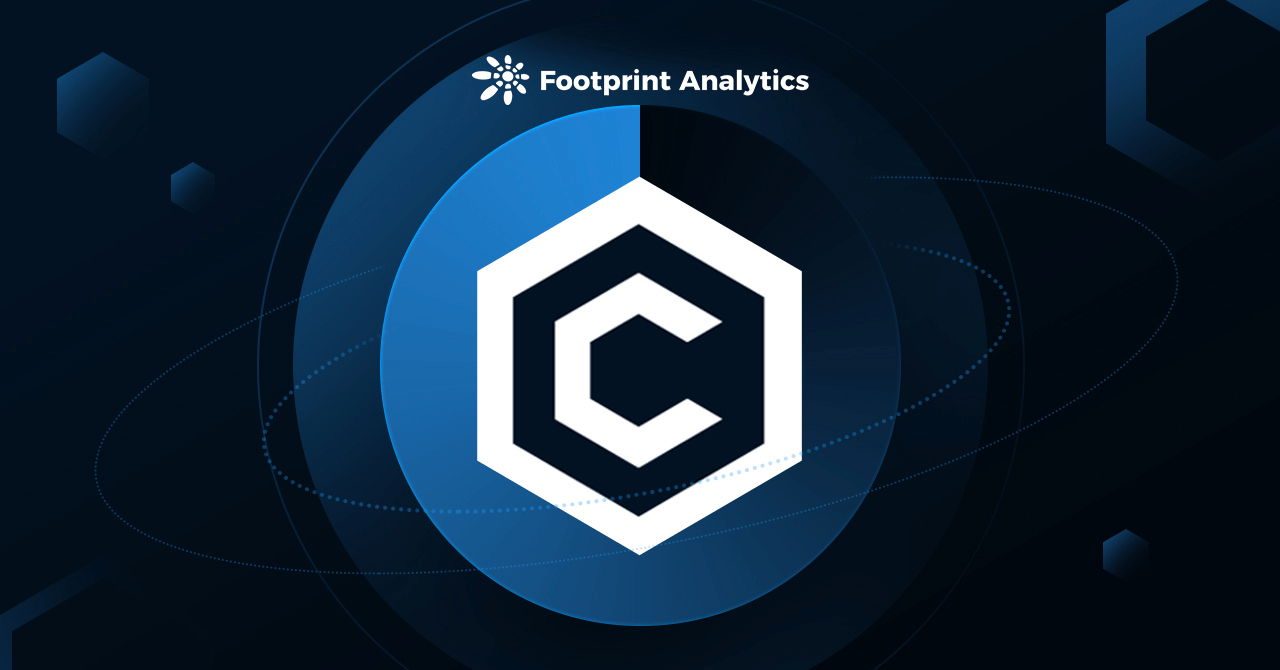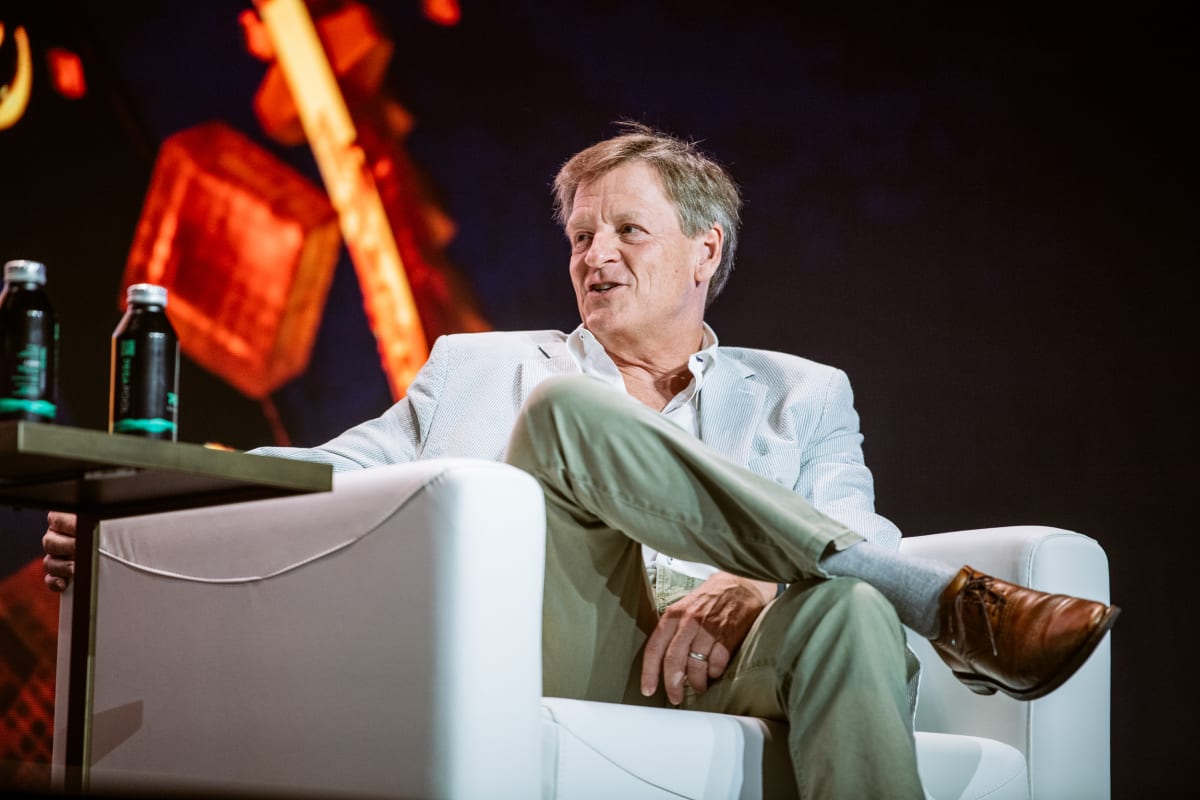Visa Deploys First Smart Contract on Ethereum for its “Universal Payment Channels” Platform for CBDCs and Stablecoins
Payment giant Visa revealed its “Universal Payment Channels” (UPC) platform for central bank digital currencies (CBDCs) on Thursday.
In its paper, Visa noted that with a “significant growth” in digital tokens in the form of crypto, stablecoins, and CBDCs, as the number of distributed ledger technology (DLT) networks increases, transacting parties are getting scattered.
Here, the company envisions a future payment network built on top of DLT networks. This is where Visa’s interoperability platform for digital currencies UPC comes into play.
UPC is a scalable, interoperable platform for digital currencies which operates in a hub-and-spoke model, where clients register with a UPC hub to route their transactions to other clients.
Visa ticks cross-border payments for CBDCs and a marketplace for digital currencies as UPC’s use cases. It aims to become a bridge between independent CBDC networks and to connect regulated stablecoins with CBDCs.
“We envision that the development of this technology will significantly expand the utility of digital currencies as means of making digital payment across a network of businesses, consumers, and developers.”
Visa has also deployed its first sample smart contract on Ethereum’s Ropsten testnet. This payment channel accepts both Ether (ETH) and stablecoin USDC. Visa said,
“UPC’s specialized payment channels would be established off the blockchain and leverage smart contracts to communicate back with the various blockchain networks, delivering high transaction throughput securely and reliably and improving speeds overall.”
Check out Visa’s first sample smart contract here https://t.co/mlqyRlMeqO
— Cuy Sheffield (@cuysheffield) September 30, 2021
Visa sees privacy, concurrent transactions, UPC-as-a-Service, and liquidity management on layer 2 in the future of its Universal Payment Channels.
![]()
AnTy
AnTy has been involved in the crypto space full-time for over two years now. Before her blockchain beginnings, she worked with the NGO, Doctor Without Borders as a fundraiser and since then exploring, reading, and creating for different industry segments.
Note: This article have been indexed to our site. We do not claim ownership or copyright of any of the content above. To see the article at original source Click Here
